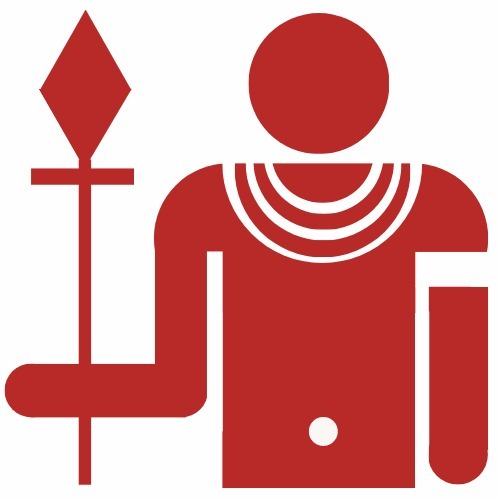Safaricom PLC CEO Peter Ndegwa has been considering adopting the agile plan to remain profitable and keep up with the rapidly changing technology space, a plan that has been received with more negativity.
The Agility plan seeks to introduce new ways of working that will see the introduction of tribes and squads. According to the plan, the Tribes will consist of 60- 100 workers while squads will consist of employees between 8 to 10.
With this, the telco plans to match its operations to that of lead international companies that are using the agility model that has been working for tech companies such as Netflix and Amazon.
While this looks like a great deal for the company, it has erupted disruptions within out of fear and anxiety by employees about the job losses with the consideration for them reapplying for their current jobs.
The company CEO in an interview previously has assured them that the company will be as transparent as possible on the changes and what they should expect.
The two major keys for technology companies to achieve true organizational agility are setting the right KPIs and ensuring the right data is accessible to the relevant stakeholders. This has been evident with Safaricom as the top telco is keen on picking the best for its team.
Safaricom CEO Mr Ndegwa in a recent interview also mentioned that company will hire more people in technology background in digital skills and ensure internal employees acquire new skills
Why the Agile plan?
The small entrepreneurial groups classified as squads and tribes are designed to stay close to customers and adapt quickly to the changing conditions.
As an industry leader, Safaricom believes that the adoption will result in higher team productivity and morale, faster to market better and has lower risks than the traditional approaches.
The plan also seeks to break the current leadership hierarchy structures while eliminating and changing some of the roles in the company that will now spread into squads and tribes.
Blog workday did a global study on how tech companies are building organizational agility. The survey found out that digital revenue growth and organization agility and technology companies want to move in real-time, integrated planning to achieve their goals.
In agile business culture, uncertainty is handled in a more efficient way with a team that is adaptive, flexible and innovative for instance during the onset of the Covid-19 pandemic when companies were struggling to adapt to the changes, an agile plan would have been effective.
What next for Safaricom
Safaricom has been doing well with digital revenues and the agile proposal seems to pool more resources into the company due to the efficient agile business culture once adopted. Organizational agility has workable traces of driving digital growth for companies such as Netflix and spotify that were born agile.
From the agility plan framework, Safaricom is likely to succeed if it adopts it with the right KPIs. The agile methodology is not new especially in the tech industries that have been using ti improve productivity, motivation and quality
Having joined the company just a year ago, the agile proposal by the company CEO seems ambiguous to many and this could be the major bottleneck for the giant telco’s new move.
However, the Mr Ndegwa is confident that this would work noting that Safaricom has thrived in innovations and the small teams would prioritize the companies mission to deliver at its best.
He said, ” When an organisation grows, it becomes more internal. This leaves only a small group to deal with customers on the frontline,”
“But agile is almost reverse such that, everyone’s job is to deliver an outcome that improves what we promise our customers. When you go through change, the most important thing is the ‘why’. Safaricom has been a success because we have been good at combining innovation and technology to transform lives.” He added.



